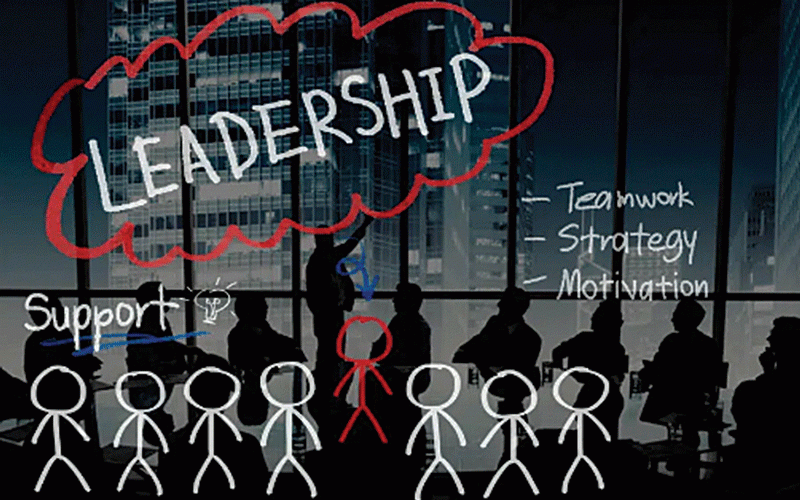
guest column: Peter Makwanya
COMMUNICATION is a sustainable initiative which reflects the preparedness of businesses, organisations and the media’s desire to participate in sustainability reporting.
Communication plays an important role in situating the carbon sinners accordingly so that they know what is expected of them within their communities of practice.
Communication or lack of it, has always been a stumbling block in initiating individuals and businesses to take actions with regard to measuring their carbon footprints and reducing them.
Carbon footprints are regarded as, the total amount of greenhouse emissions resulting directly or indirectly from the individuals’ life-styles. Awareness of unsustainable behaviours and practices that are against nature growth and protection is a sustainable practice that contributes to resilience.
From the individuals to cooperate points of view, they don’t always require a carbon calculator to measure one’s carbon sins, but having the knowledge of ethical considerations is a clear testimony of participating in eco-conscious behaviours.
The nature of communication or language use that should sufficiently conscientise companies and individuals into managing or keeping their carbon footprints small, should bind human beings and their language uses with the wider context of nature. If our language uses serve to disengage the stakeholders and publics about establishing the relationship between them and the environment, then carbon footprints may not be seen scattered all over, and suffocating all environmental pathways.
Communication in this regard, needs to improve the people’s perceptions of the natural environment. Furthermore, communication can make a difference in reducing carbon footprints because it is deeply rooted and grounded in real world issues which incorporate the natural environment and our habitat, the earth.
- Chamisa under fire over US$120K donation
- Mavhunga puts DeMbare into Chibuku quarterfinals
- Pension funds bet on Cabora Bassa oilfields
- Councils defy govt fire tender directive
Keep Reading
Communication strategies which feed into a broad network of understanding environmental issues and challenges, are what we expect the businesses and humanity to use in their sustainability reports and also how the media organisations communicate to the public should contribute to the sustainable reduction of carbon footprints.
The manner in which we interact about the environment affects our perceptions, actions and world views. It is also our world views which feature prominently in socio-economic, political and cultural issues. These would in turn, influence human behaviours in managing carbon footprints, at home, in businesses and manufacturing, as well as in language use. Sustainable communication practices play a major role in shaping human attitudes towards the natural environment.
Communication unpacks unsustainable environmental behaviours, exposing them, together with those practices that are not working and leading to ecological destruction. These should be replaced with ethical and interactive human considerations as well as not sharing language behaviours that have contributed to the present environmental crisis.
Stakeholders need to pay particular attention to how they communicate to the public and disregard awareness of the role of communication in ecological destruction because language should never be used to destroy the environment.
What is more significant is to communicate ecological values leading to the philosophy of resilience so that people engage in practices that support human livelihoods.
The critical role of communication strategies should help to address questions which deal with climate change impacts. These are the questions that help to unmask ideological constructs that have poisoned the world.
Communication should help to establish harmony in the environment.











